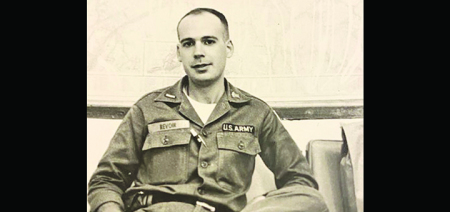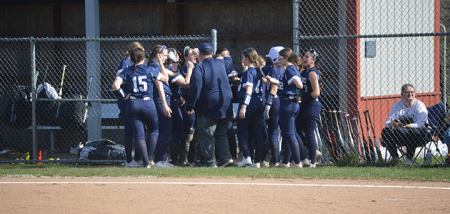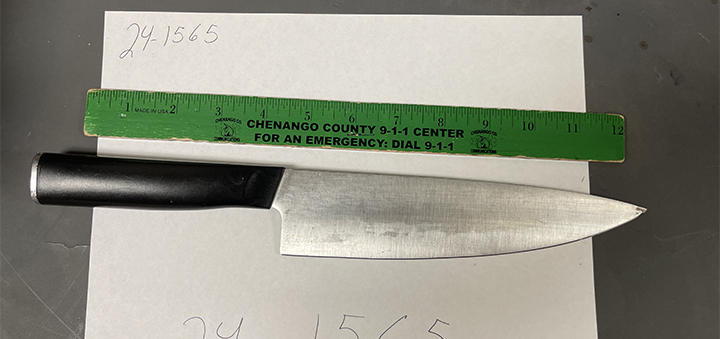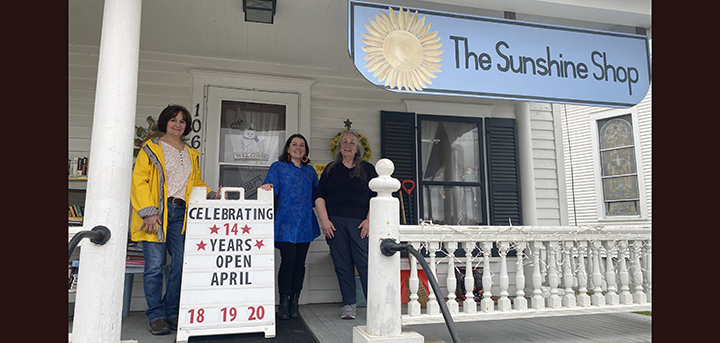Keeping The Liberal World Order
Published:
June 23rd, 2014
By Diana West
NEA Columnist
Are the neocons going home?
By "neocons," I refer to followers of the hawkish foreign policy school that began to coalesce in the 1970s around New York writers and academics who had rejected their Communist or Socialist lodestar to become vocal anti-Communists. A generation or so later, from Kosovo to Georgia, from Afghanistan to Iraq, from Libya to Syria, from Ukraine and now back to Iraq, they consistently advocate the use of American power, often American troops, to establish and enforce a "liberal world order."
By "going home," I mean returning to the Democratic Party.
The question took shape while I was reading a profile in The New York Times about neocon light Robert Kagan -- brother of Iraq "surge" architect Frederick Kagan, son of Yale professor Donald Kagan, and husband of State Department diplomat Victoria Nuland. The Times describes Robert Kagan as "the congenial and well-respected scion of one of America's first families of interventionism."
If there is something jarring about the "first families of interventionism" moniker -- just think for a moment about the families of the soldiers who actually do the "intervening" -- it doesn't seem to be meant ironically. Kagan, in fact, says he prefers to call himself a "liberal interventionist," not a neocon. This may indeed be more appropriate for the Brookings Institution fellow and New Republic contributing editor that he is, but there's nothing "conservative," or even "neo," about it.
So is this Times profile a "coming out" party? Maybe that accounts for the Times' distinctly warm and fuzzy coverage. Kagan "exudes a Cocoa-Puffs-pouring, stay-at-home-dad charm," the newspaper reported -- not exactly standard Times treatment for a foreign policy hawk ever-ready, it seems, to give war a chance. Or is it?
I will pause here for a flash or two of full disclosure. Irving Kristol, was not only the "godfather of neoconservatism," he was my first boss at The Public Interest, where I was an assistant editor. That spot came my way on the strength of a year at the Yale Political Monthly, a student publication I edited after being vetted by the college publication's co-founder -- Robert Kagan. There are other connections, albeit all of them nearly as historical as the ancient Greek specialty of Bob's professor-father, who was, incidentally, Yale Political Monthly's faculty adviser.
All of which is to say that long ago I started out in what were only then becoming known as "neoconservative" circles. But I didn't stay there.
After 9/11, the more I learned about Islam, the less I supported the Bush-Obama nation-building counterinsurgencies in Iraq and Afghanistan -- high-water marks of neoconservative influence on the direction of U.S. policy and war strategy. We haven't recovered yet.
At its root, the conceptual strategy behind these wars was driven by the universalist and globalist impulse that denies differences among peoples, religions, tribes, nations, societies of all kinds, as an ideological fundamental to justify the measures required to impose order -- the "new world order" President George H.W. Bush talked about, and the "liberal world order" Kagan now discusses. It helps explain why President George W. Bush could plant empty ballot boxes in Islamic Iraq and expect the Bill of Rights and other fruits of Graeco-Roman-Judeo-Christian millennia to grow. I refer, of course, to the calamitous "democracy project" neoconservatives became particularly infamous for driving, which, since 9/11, has only made the world safe for sharia.
But about neocons possibly "going home" to the Democratic Party. The Times reports: "Both Mr. Kagan and his brother are taking considerable pains to describe their advocacy as broadly bipartisan. 'The urgent priority is to unite internationalists on both sides of the spectrum,' said Fred Kagan, while his brother, Robert, mentioned his briefing of a bipartisan congressional delegation at Davos and his good relations with top White House officials, including the national security adviser, Susan E. Rice."
Davos? Susan E. Rice? Why not Samantha Power and Valerie Jarrett while we're at it? Internationalists of the world, unite! These are odd selling points -- unless you're seeking Democrat brownie points. I suppose the Republican Party is no longer so hospitable to "interventionism," and about time. Would that the GOP rouse itself one last time to intervene in a real national security crisis -- on the broken U.S. border.
The Times continues: "But Exhibit A for what Robert Kagan describes as his 'mainstream' view of American force is his relationship with former Secretary of State Hillary Rodham Clinton, who remains the vessel into which many interventionists are pouring their hopes."
Do I hear an SOS? "Shipwrecked neocons seeking vessel to pour interventionist hopes into. Will deploy troops anywhere."
The Times: "Mr. Kagan pointed out that he had recently attended a dinner of foreign-policy experts at which Mrs. Clinton was the guest of honor, and that he had served on her bipartisan group of foreign-policy heavy hitters at the State Department, where his wife worked as her spokeswoman. 'I feel comfortable with her on foreign policy,' Mr. Kagan said, adding that the next step after Mr. Obama's more realist approach 'could theoretically be whatever Hillary brings to the table' if elected president."
Lost Whitewater files maybe? A Muslim Brotherhood Rolodex? The truth about Benghazi? Nah.
"'If she pursues a policy which we think she will pursue,' he added, 'it's something that might have been called neocon, but clearly her supporters are not going to call it that; they are going to call it something else."
How about calling it "liberal interventionism"? I can see it now: A new ship of state under Hillary Clinton sailing home, carrying a crew of neocons-turned-liberal-interventionists.
And The New York Times will find it all Cocoa-Puffs charming.
Comments





(1).jpg)

